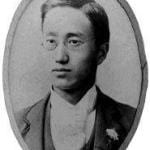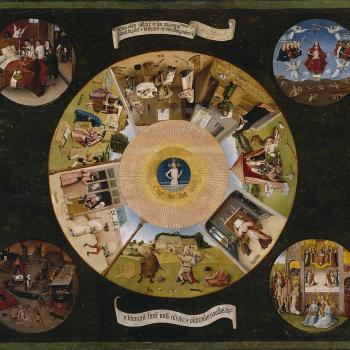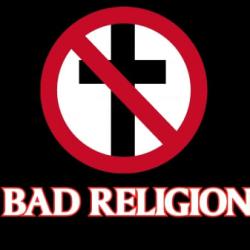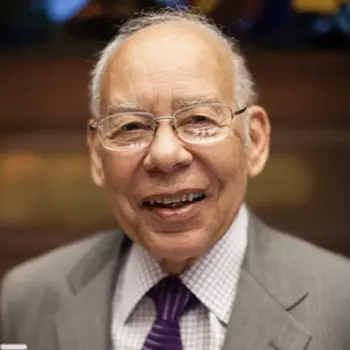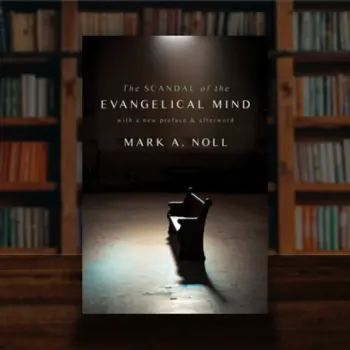Over the past two decades, many public and quasi-private institutions of higher education have stripped evangelical organizations of recognition and denied them access to student organization funds and campus space. (I say “quasi-private,” because nearly all private colleges and universities rely heavily on federal funds for aspects of their operations). For the most part, university administrators — and sometimes aggrieved students — have taken issue with organizations that restrict leadership positions to students willing to sign a statement of Christian faith or those that exclude gay, lesbian, or transgender individuals from either membership or positions of leadership.
There have been many flashpoints: at Middlebury (my alma mater), Tufts, and Vanderbilt. And it’s not just elite institutions. Wayne State University engaged in a long legal battle against InterVarsity Christian Fellowship.
For the most part, private institutions can set their own policies, and the courts have supported the public universities and colleges over the evangelical organizations in question. In 2010’s CLS v. Martinez, the Supreme Court held that public universities may deny recognition and funding to student organizations that exclude LGBT students.
CLS did not settle the matter, however, because most evangelical organizations now state their willingness to accept gay and lesbian students as members. Moreover, evangelical organizations have mounted an effective legal response. On campuses that — like the University of California branch in CLS v. Martinez — require student organizations to have an “all-comers” policy, evangelical organization have argued that institutions selectively enforce those policies. An administration might exclude InterVarsity while permitting fraternities and sororities to exclude students on the basis of sex, or it might allow organizations to restrict membership or leadership positions on the basis of race or other religious beliefs. Essentially, evangelicals here argue that if the university permits other forms of discrimination, it should not single them out.
Many colleges and universities, moreover, do not have an “all-comers” policy. In such instances, the argument is even easier.
Last week, those arguments succeeded again, as they did in the Wayne State case. A federal district-court judge ruled that the University of Iowa had selectively applied its policies in a way that singled out an evangelical organization called Business Leadership in Christ. There is a great deal of detail in the decision, worth reading in full.
In this instance, a gay student found himself excluded from a potential leadership position in BLiC. The University of Iowa does not have an “all-comers” policy, but it — selectively, it turns out — requires student organizations to adhere to a Human Rights Policy, which mandates equal treatment irrespective of “sexual orientation” and “gender identity.” BLiC attempted to finesse the issue by stating that it welcomed all regardless of such categories, as long as they would sign a statement of faith that includes the following:
We believe God’s intention for a sexual relationship is to be between a husband and a wife in the lifelong covenant of marriage. Every other sexual relationship beyond this is outside of God’s design and is not in keeping with God’s original plan for humanity. We believe that every person should embrace, not reject, their God-given sex.
This require obviously amounted to the de facto exclusion of LGBQT students.
The university lost the case, however, because it allowed all sorts of violations of its own policies. An all-female acapella group, for instance, did not run afoul of the policy, nor did a Chinese Students and Scholars Association. University lawyers excused their selective enforcement by arguing that the other groups (rather, “some of the groups in question,” noted the judge) “provide safe spaces for minorities which have historically been the victims of discrimination.” The judge ruled that if Iowa wanted to keep the Hawkapellas, it had to keep Business Leaders in Christ.
I have tracked these cases for years, partly because of the centrality of InterVarsity to my own college years, but also because universities should welcome a very broad spectrum of voices on their campuses. In fact, given the centrality of evangelicalism to American culture and politics, administrators should be bending over backwards to make sure their students have conversations and dialogue with evangelicals during their college years. And it’s not just evangelicals. Muslims, Mormons, Catholics, and others could well fun afoul of campus administrators and their policies in the future. The exclusion of conservative religious voices from public and privates campuses impoverishes all students.
I do not want to ignore the anguish of the gay student excluded by BLiC, whose stance on these issues is not that of my church. I understand the desire of administrators who do not want to see university funds support what they consider bigotry and hatred. At the same time, I value intellectual and religious freedom even more highly. It is far too easy for non-evangelicals to examine groups such as BLiC or IVCF and cry “bigotry.” I don’t know anything about BLiC, but I think if those critics spent any time at all with IVCF, they would come away with a very different conclusion. They would find a group whose members hold a range of views about same-sex marriage and transgender issues, and they would also find students committed to interreligious dialogue, racial reconciliation, and the intellectual exploration of the Christian faith. University administrators should be doing everything they can to welcome organizations like IVCF to their campuses.


